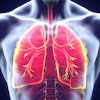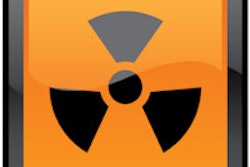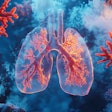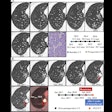A new report from the United Nations Scientific Committee on the Effects of Atomic Radiation (UNSCEAR) in Vienna says that the same radiation dose received by children and adults can have very different biological effects.
Important anatomic and physiologic differences between adults and children make it unwise to generalize to both populations the effects of exposure to the same level of radiation, according to the report.
For example, a given radiation dose is likely to put children at far greater risk of tumor development than adults, a risk that extends into adulthood, the report states. Children were found to be more sensitive than adults to the development of about one-fourth of all tumor types, including leukemia and thyroid, breast, and brain cancer.
On the other hand, risk for about 15% of tumors, including those of the colon, was about the same in children and adults. And for about 10% of tumors, including lung cancer, adults were more sensitive, the report states.
However, because children have less overlying tissue to shield their organs than adults, the same exposure results in higher radiation doses to their organs, UNSCEAR also noted.




















